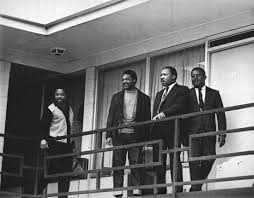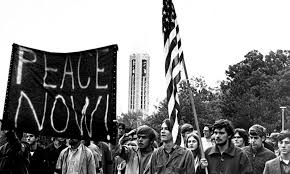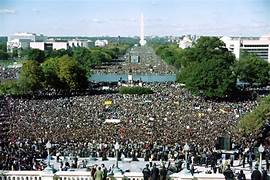In the tumultuous year of 1968, the United States was rocked by the tragic and senseless assassination of civil rights leader Dr. Martin Luther King Jr. His murder on April 4, 1968, in Memphis, Tennessee, sent shockwaves across the nation and plunged the country into a state of mourning, anger, and reflection. The assassination of Dr. King marked a dark chapter in American history and had profound implications for the ongoing struggle for civil rights and racial justice in the United States.
Dr. Martin Luther King Jr. was a towering figure in the civil rights movement, known for his powerful oratory, unwavering commitment to nonviolent protest, and tireless advocacy for racial equality and social justice. As the leader of the Southern Christian Leadership Conference (SCLC), Dr. King had emerged as a prominent voice in the fight against segregation, discrimination, and systemic racism in America, inspiring millions with his message of peace, love, and equality.
On the evening of April 4, 1968, Dr. King was standing on the balcony of the Lorraine Motel in Memphis, where he had come to support striking sanitation workers, when he was struck by a single gunshot fired from a nearby rooming house. The bullet fatally wounded Dr. King, who was rushed to a nearby hospital but was pronounced dead shortly thereafter. The news of his assassination spread rapidly, sparking a wave of shock, grief, and outrage among Americans of all backgrounds.
The assassination of Dr. Martin Luther King Jr. had a profound impact on the civil rights movement and the broader social and political landscape of the United States. In the immediate aftermath of his murder, riots and protests erupted in cities across the country, as communities grappled with the loss of a beloved leader and the continued injustices faced by African Americans. The assassination laid bare the deep-seated divisions and injustices that plagued American society, exposing the harsh realities of racism, inequality, and violence that persisted despite the progress made in the civil rights movement.
Dr. King's death also raised questions about the state of race relations in America and the future of the civil rights movement. Many feared that his assassination would deal a fatal blow to the movement and undermine the progress that had been made in the struggle for racial equality. However, in the wake of his murder, a renewed sense of determination and solidarity emerged among civil rights activists, who redoubled their efforts to carry on Dr. King's legacy and fight for justice in his memory.
The assassination of Dr. Martin Luther King Jr. also had a profound impact on American society as a whole, prompting a period of national soul-searching and reflection. The tragedy forced many Americans to confront the deep-rooted issues of racism, inequality, and injustice that continued to plague the country, sparking a renewed sense of urgency and activism in the fight for civil rights and social change.
In the years following Dr. King's assassination, his legacy continued to inspire generations of activists, leaders, and ordinary citizens to work towards a more just, equitable, and inclusive society. His message of love, nonviolence, and equality resonated far beyond his own lifetime, leaving an indelible mark on the collective conscience of the nation and serving as a beacon of hope and inspiration for all those who continue to strive for a better and more just world.






